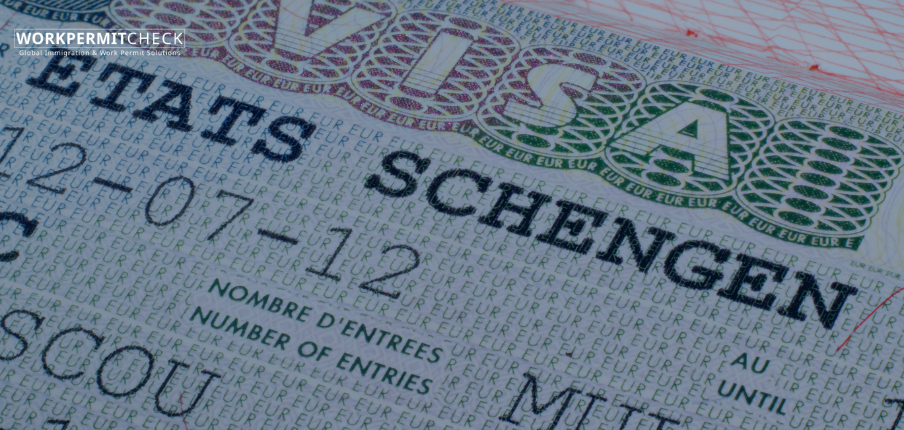France is a major destination for professionals, skilled workers, students, and entrepreneurs from around the world. While citizens of the European Union (EU), European Economic Area (EEA), and Switzerland can work freely in France, non-EU nationals must meet specific legal requirements to be employed in the country. This blog post explains the process, conditions, and legal framework for non-EU citizens who wish to work in France.
Is It Possible for Non-EU Citizens to Work in France?
Yes, non-EU citizens can work in France, but they must obtain the appropriate work authorization, which typically includes:
-
A work permit (autorisation de travail)
-
A long-stay work visa (visa de long séjour valant titre de séjour – VLS-TS)
-
A residence permit that allows professional activity
These legal documents must be secured before starting work in France.
Step-by-Step Process for Non-EU Citizens to Work in France
1. Job Offer from a French Employer
A non-EU citizen must first secure a job offer. The employer is usually responsible for initiating the work permit application on behalf of the employee.
2. Work Permit Application
The employer must submit a request for a work permit to the French authorities. This includes:
-
Proof that the position could not be filled by a local (labor market test, in some cases)
-
Employment contract
-
Justification of salary and working conditions
3. Visa Application
Once the work permit is approved, the non-EU citizen must apply for a long-stay work visa at the French consulate in their country of residence.
4. Residence Permit in France
After arrival, the employee must validate their visa or apply for a residence permit at the local prefecture. Some categories allow a combined residence and work permit (such as the Talent Passport).
Types of Work Permits Available for Non-EU Nationals
-
Standard Work Permit – For salaried workers with a job offer from a French company
-
Talent Passport – For highly qualified individuals, researchers, artists, and entrepreneurs
-
Intra-Company Transfer (ICT) – For employees transferred from a foreign branch to a French branch
-
Seasonal Worker Permit – For those working temporarily in agriculture, tourism, or hospitality
-
Temporary Worker Permit – For short-term contracts (less than 12 months)
Conditions and Restrictions
-
The job offered must comply with the minimum wage requirements in France.
-
The work must fall within a sector where there is a shortage of labor (in some cases).
-
Employers must justify the need to hire a non-EU citizen if the job is not on the shortage occupation list.
-
The permit is typically linked to a specific job and employer, and changing employers may require a new authorization.
Family Members
In many cases, family members of a work permit holder may join them in France under a family reunification visa, but they may not automatically have the right to work. However, family members of Talent Passport holders typically receive work authorization as part of their dependent status.
Can Students or Visitors Switch to Work Status?
Non-EU nationals residing in France under a student or visitor visa may be eligible to switch to a work permit if they:
-
Have completed a relevant degree in France
-
Found a job related to their studies
-
Meet the salary and contractual requirements
A change of status request must be submitted at the local prefecture.
Conclusion
Non-EU citizens can legally work in France if they secure a job offer and obtain the necessary permits and visas. The process involves coordination between the employer, immigration authorities, and the applicant, and should be planned well in advance. With proper documentation and compliance, France offers a structured pathway for non-EU nationals to work and live in the country.
Disclaimer:
This article is intended for general informational purposes only and does not constitute legal advice. Immigration policies and procedures may change. Individuals should consult official French government sources or a licensed immigration consultant for the most current and accurate information related to their personal situation.






























































































